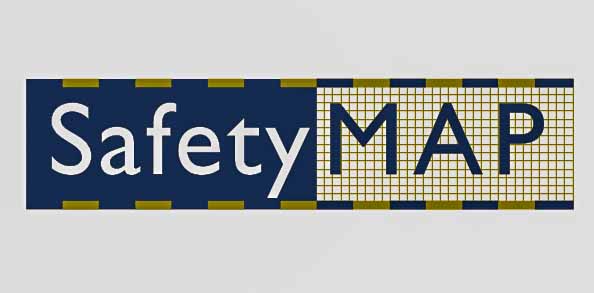The latest edition of OHS Professional magazine carried a long article by Kerry Smith titled “Understanding and Combating Complacency in the Workplace.” The article uses examples at the worker level when the greatest risk posed by complacency is likely to be with managers, executives, their attitudes to safety, and their own safety management systems.
Category: accountability
Latest OHS News from Maddocks
Last week, Maddocks law firm conducted an end-of-year summary of its workplace relations issues and a forecast for 2025. Occupational health and safety (OHS) are almost inseparable from industrial relations (IR), so the overlaps between the four or five topics discussed were enlightening and provided a good contrast to the information from other law sources.
Improvement notice issued after psychological trauma notification
Psychological injuries that happen at work or are caused by work may need to be notified to occupational health and safety (OHS) regulators in some Australian jurisdictions. Recently, an organisation associated with prominent Australian businessman Andrew Forrest underwent the notification experience and received an improvement notice.
Significant workplace culture investigation but OHS missed again
Australia’s news media is reporting a shocking report about the workplace culture of parts of the Nine Entertainment organisation – bullying, sexual harassment, abuse of power – all the elements of organisational culture that can be found in any company if one scratches the surface. Scratching is one of the aims of the occupational health and safety (OHS) discipline – investigating the causes of harm at the source.
“Does my business comply with the OHS/WHS law?”
Employers struggle to know if their businesses comply with the local occupational health and safety (OHS) or work health and safety (WHS) laws. They always have and, likely, always will. Employers are hungry for certainty and are often annoyed with OHS advisers who refuse to give a definitive answer to the question in this article’s title.
In the 1990s, particularly in Victoria, there was almost a frenzy for a simple audit tool developed through WorkSafe Victoria called SafetyMAP. It disappeared well over a decade ago, but my Goddess, it was popular, and small business operators especially wanted it. Even when its effectiveness was questionable.
Veterans, Suicide, Culture and Crompvoets
For many years, occupational health and safety (OHS) has been fixated on “Culture” as an encompassing term for what management activity does not work and what does. The focus has faded slightly since the COVID-19 pandemic. Still, Culture made an important reappearance this week with the delivery of the final report of Australia’s Royal Commission into Defence and Veteran Suicide. However, some of the most telling analyses of the safety culture in the Australian Defence Forces occurred in 2021 with the work of Samantha Crompvoets.
NOTE: this article discusses suicides
“…the system isn’t broken. It was built this way” – Grenfell Tower and OHS
The inquiry report into the Grenfell Tower fire has yet to be seriously considered from the other side of the world. However, the report is being mentioned in Australia’s emergency services and fire sectors. The inquiry has been thoroughly followed and analysed in the United Kingdom, and many excellent summaries have been published in newspapers, books, and podcasts. Australia’s cladding debate has not been to the same extent as the UK. Still, the UK’s structures, policies, processes, business ethics and neglect are certainly mirrored in Australia, which directly impacts how workplace health and safety operates here.







